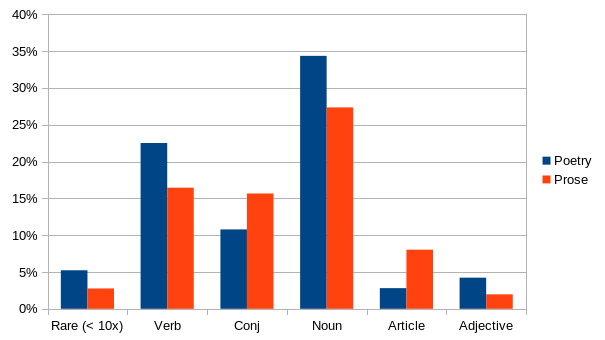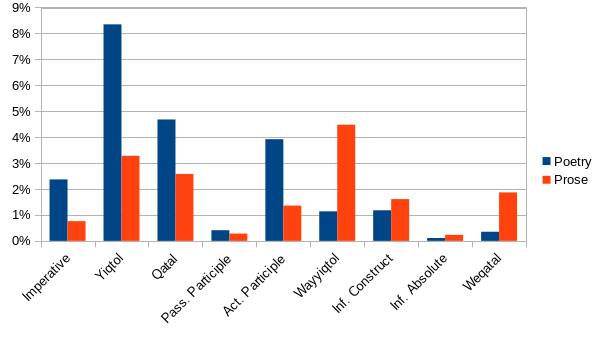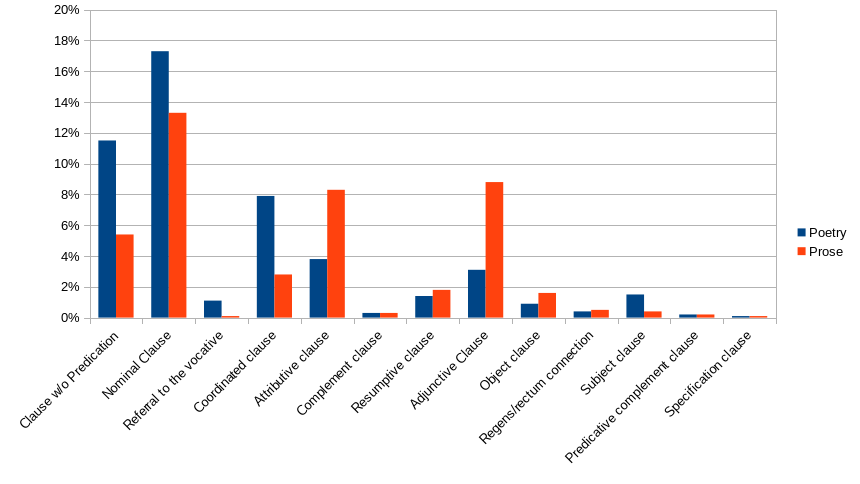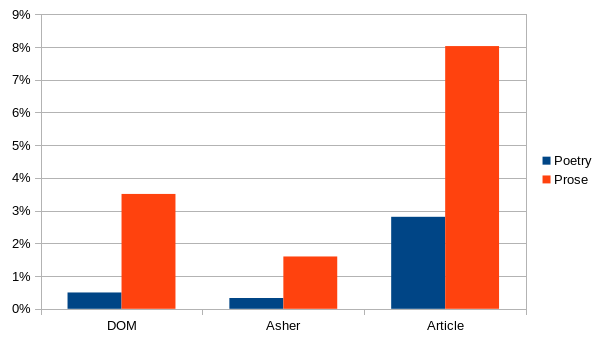Psalms and Poetry
james cuénod
Psalms
Interpreting the Psalms
the question of context



Structure of the Psalms
some proposals...
Torah
One indication that it is a book of teaching is the way it divides into five books ... In five books, the Torah told Israel about what God had done and about the way of life that should issue from what God had done; in five more books, the Psalter told people how God was involved with them now, how to respond in worship to what God had done and does, how to urge him to do it again, and what kind of life people were committed to, outside their life of praise and prayer.
John Golidingay (An Intro to the OT, p. 288)
Torah
It is very probable that the fivefold division of the Psalter was based on an analogy with the five books of the torah. The Midrash Tehillim on Psalm 1:1 says ‘Moses gave Israel the Five Books, and David gave Israel the five books of the Psalms.’
Ernest C. Lucas (Exploring the OT, Vol. 3, p.26)
Wilson
-
Book 1: Covenant Proclaimed
-
Book 2: Covenant Passed On
-
Book 3: Covenant Failed
-
Book 4: Answer to the problem of Ps 89:
-
YHWH is King
-
God is a refuge independent of the monarchy
-
Trust the Lord
-
-
Book 5: not sure but: Ps 119 is central, and the book is an answer to the plea of the exiles to be gathered from the diaspora
Walton
-
Pss. 1-2: Vindication of the Righteous Theocratic Sponsorship of the Israelite (Davidic) King
-
Book 1 (3-41): David's Conflict with Saul
-
Book 2 (42-72): David's Reign
-
Book 3 (73-89): Assyrian Crisis
-
Book 4 (90-106): Introspection about
Destruction of Temple and Exile -
Book 5 (107-145): Praise/Reflection on Return and New Era
-
Pss. 146-150: Praise relating to Themes of Psalter
Psalms: a cantata about the Davidic covenant, JETS 34/1 (March 1991) 21-31
Seam Psalms
-
41:13
-
72:18-20
-
89:52
-
106:48
18 Praise be to the Lord God, the God of Israel,
who alone does marvelous deeds.
19 Praise be to his glorious name forever;
may the whole earth be filled with his glory.
Amen and Amen.
20 This concludes the prayers of David son of Jesse.
Hebrew Poetry
Hebrew Prose
based on actual data*
vs
Parts of Speech

Verb Types

Clause Types

“Prose Particles”

1023
121
181
The Genre of Psalms
The Question of Genre
it's the answer to your problems
it's not the answer to your problems
Hermann Gunkel
-
Hymns
-
YHWH’s enthronement
-
Songs of Zion
-
General
-
-
Lament
-
Communal
-
Individual
-
General
-
Protesting Innocence
-
Confession
-
Cursing and Vengeance
-
Trust
-
-
-
Royal
-
Thanksgiving
-
Wisdom
-
Smaller Genres and Mixed Types
-
Pilgrimage
-
Israelite History
-
Liturgy
-
Miscellaneous
-
Mixed
-
The Psalms: A Form-Critical Introduction, 1967
Genres in the Psalms
- Thanksgiving
- Praise
- Lament
- Imprecatory
- Community
- Individual
- Royal
- Wisdom
Case Study
Psalm 139
Poetry
Poetry
Internal Structures
Chiasm (Ps 109:29, 2:1-12)
Inclusio (Ps 8, 106, 139)
Acrostic (Ps 119, Lam 3)
Poetry
Terseness
Missing “Prose Particles”
Elision / Ellipsis
Poetry
Rhythm and Meter
Poetry
Imagery, Simile and Metaphor
Poetry
Parallelism
Roberth Lowth
- Synonymous
- Ps 33:10-11
- Antithetic
- Ps 30:5
- Synthetic
- Ps 23 ...
“parallelism is a matter of correspondence”
The Lord foils the plans of the nations;
he thwarts the purposes of the peoples.
But the plans of the Lord stand firm forever,
the purposes of his heart through all generations.
For his anger lasts only a moment,
but his favor lasts a lifetime;
weeping may stay for the night,
but rejoicing comes in the morning.
Lectures on the Sacred Poetry of the Hebrews
Delivered in Latin 1741 (published 1753)
Kugel
“A is so, and what's more B”
(“seconding”)
Petersen & Richards
As one recent contributor [i.e. David Clines] to the discussion has said, “The whole [bicolon] is different from the sum of its parts because the parts influence and contaminate each other.” Parallelism is not something that is predictable, and no mechanical system or set of categories can confine it.
Petersen & Richards (Interpreting Hebrew Poetry, p. 35)
Longman III
The Early View:
A ≠ B
The Traditional Approach:
A = B
The Proper Approach:
A » B
Adele Berlin
Dynamics of Biblical Parallelism
Ps 103:10
לֹ֣א כַ֭חֲטָאֵינוּ עָ֣שָׂה לָ֑נוּ
וְלֹ֥א כַ֝עֲוֹנֹתֵ֗ינוּ גָּמַ֥ל עָלֵֽינוּ׃
Ps 49:5
אַטֶּ֣ה לְמָשָׁ֣ל אָזְנִ֑י
אֶפְתַּ֥ח בְּ֝כִנֹּ֗ור חִידָתִֽי׃